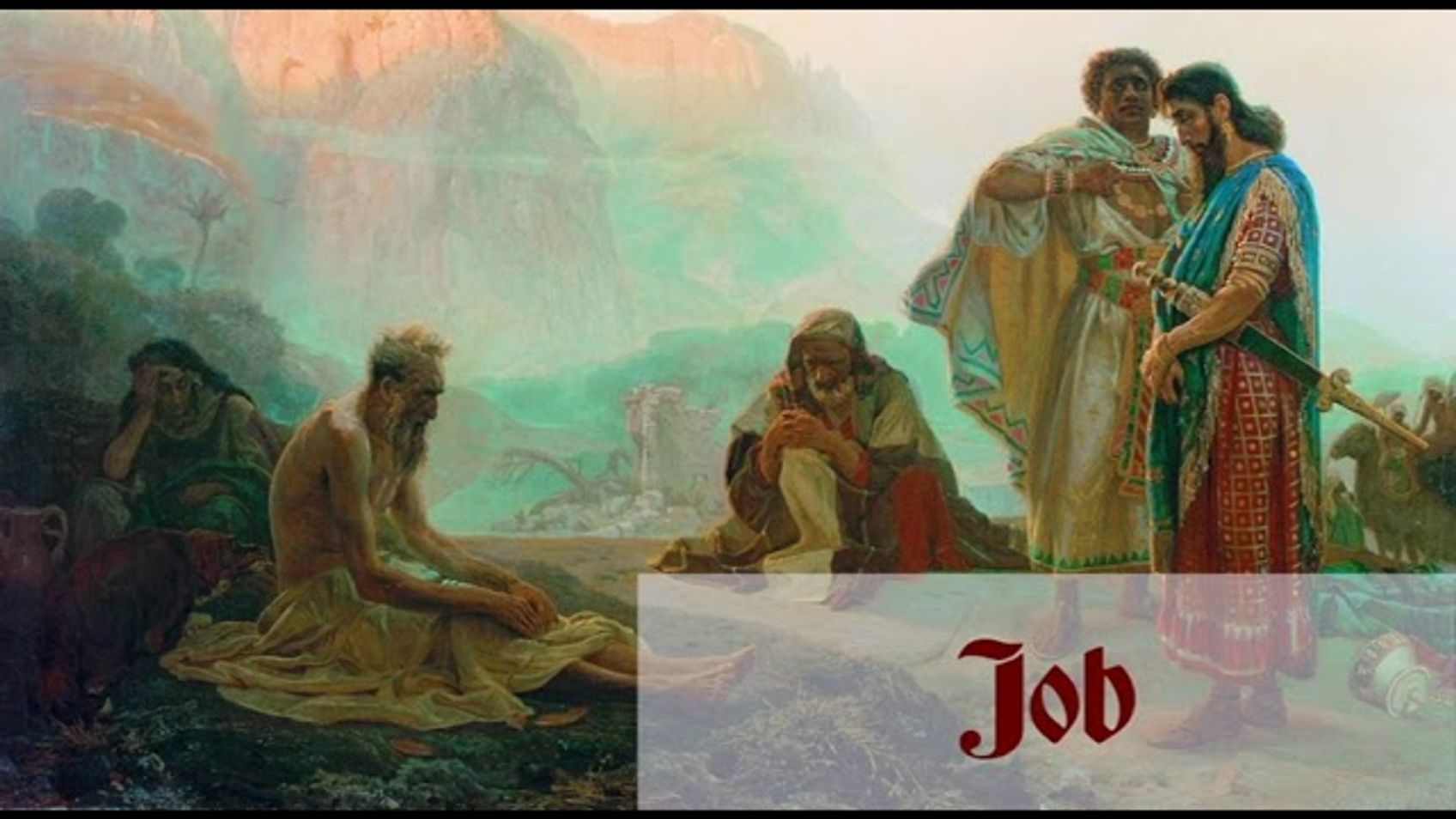Job: Chapter-by-Chapter Commentary

*CONTENTS*
00:00:00 - Chapter 1: Satan Attacks Job's Property and Family
00:13:04 - Chapter 2: Satan Attacks Job's Body
00:19:30 - Chapter 3: Job Curses the Day of His Birth
00:28:07 - Chapter 4: Eliphaz's First Speech
00:34:28 - Chapter 5: Eliphaz's First Speech
00:40:26 - Chapter 6: Job Replies to Eliphaz's First Speech
00:46:31 - Chapter 7: Job Replies to Eliphaz's First Speech
00:52:09 - Chapter 8: Bildad's First Speech
00:58:56 - Chapter 9: Job Replies to Bildad's First Speech
01:07:27 - Chapter 10: Job Replies to Bildad's First Speech
01:12:37 - Chapter 11: Zophar's First Speech
01:19:39 - Chapter 12: Job Replies to Zophar's First Speech
01:27:06 - Chapter 13: Job Replies to Zophar's First Speech
01:34:24 - Chapter 14: Job Replies to Zophar's First Speech
01:40:39 - Chapter 15: Eliphaz's Second Speech
01:49:29 - Chapter 16: Job Replies to Eliphaz's Second Speech
01:57:12 - Chapter 17: Job Replies to Eliphaz's Second Speech
02:03:09 - Chapter 18: Bildad's Second Speech
02:08:38 - Chapter 19: Job Replies to Bildad's Second Speech
02:16:25 - Chapter 20: Zophar's Second Speech
02:23:16 - Chapter 21: Job Replies to Zophar's Second Speech
02:30:51 - Chapter 22: Eliphaz's Third Speech
02:37:55 - Chapter 23: Job Replies to Eliphaz's Third Speech
02:43:38 - Chapter 24: Job Replies to Eliphaz's Third Speech
02:51:53 - Chapter 25: Bildad's Third Speech
02:58:37 - Chapter 26: Job Replies to Bildad's Third Speech
03:02:41 - Chapter 27: Job Replies to Eliphaz's Third Speech
03:13:42 - Chapter 28: Where is Wisdom?
03:25:50 - Chapter 29: Job's Defence
03:37:01 - Chapter 30: Job Continues to Lay out His Case
03:42:58 - Chapter 31: Job's Appeal
03:52:39 - Chapter 32: Elihu Rebukes the Friends
04:02:11 - Chapter 33: Elihu Addresses Job
04:08:36 - Chapter 34: Elihu's Speech
04:17:25 - Chapter 35: Elihu's Speech
04:24:21 - Chapter 36: Elihu's Speech
04:30:49 - Chapter 37: Elihu's Speech
04:38:34 - Chapter 38: The Lord Answers Job out of the Whirlwind
04:54:34 - Chapter 39: The Lord Answers Job
05:09:05 - Chapter 40: The Lord Challenges Job
05:16:49 - Chapter 41: Leviathan
05:29:42 - Chapter 42: The Restoration of Job
If you have enjoyed my videos and podcasts, please tell your friends. If you are interested in supporting my videos and podcasts and my research more generally, please consider supporting my work on Patreon (https://www.patreon.com/zugzwanged), using my PayPal account (https://bit.ly/2RLaUcB), or by buying books for my research on Amazon (https://www.amazon.co.uk/hz/wishlist/ls/36WVSWCK4X33O?ref_=wl_share).
The audio of all of my videos is available on my Soundcloud account: https://soundcloud.com/alastairadversaria. You can also listen to the audio of these episodes on iTunes: https://itunes.apple.com/gb/podcast/alastairs-adversaria/id1416351035?mt=2.
More From Alastair Roberts
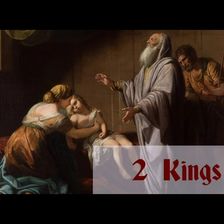
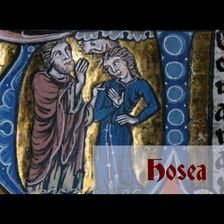

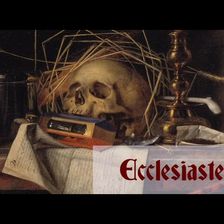
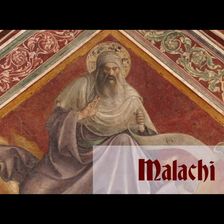
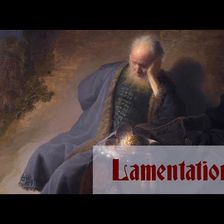
More on OpenTheo















